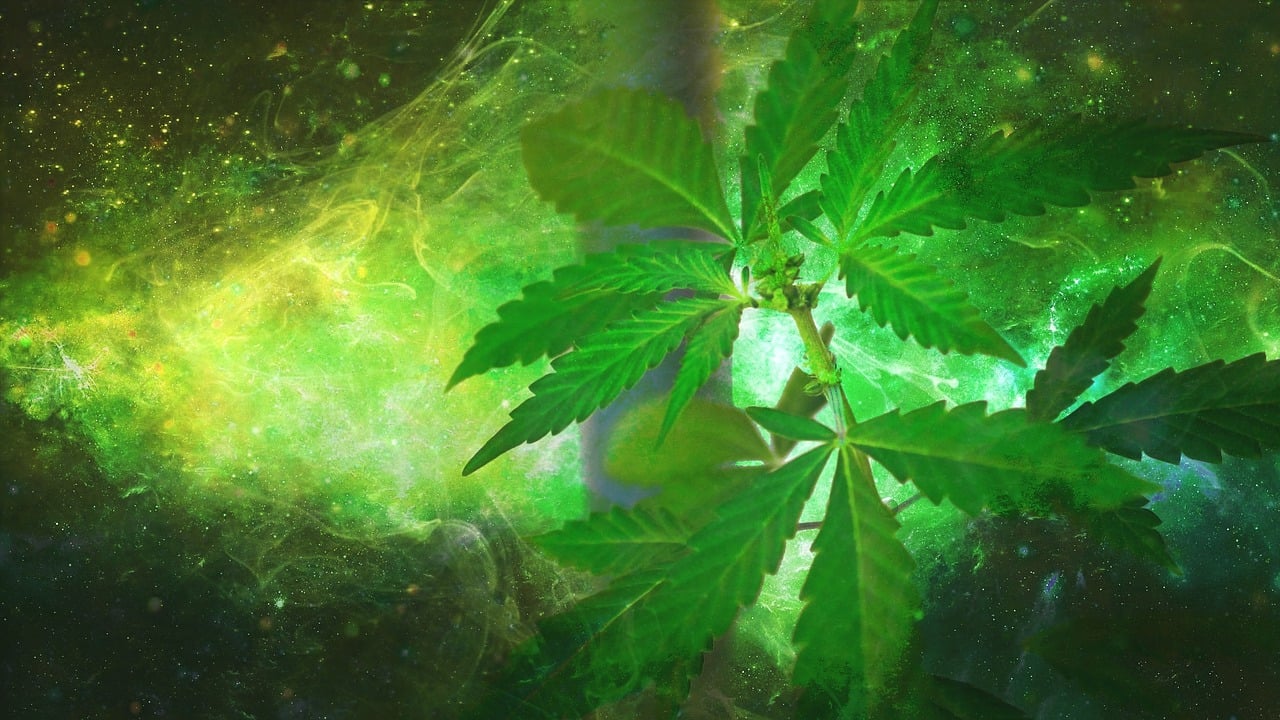In recent years, the exploration of cannabis and its compounds has led to a deeper understanding of its potential benefits. Among these compounds, THCA (tetrahydrocannabinolic acid) has gained attention for its unique properties. Unlike THC, THCA does not produce a psychoactive effect, making it an intriguing option for those seeking the therapeutic benefits of cannabis without the high. This article delves into how THCA flower from https://indacloud.co/thca-flowercan enhance sleep quality, offering a natural alternative for those struggling with sleep issues.
Understanding THCA: The Basics
THCA is a non-psychoactive cannabinoid found in raw and live cannabis. It is the precursor to THC, the compound responsible for the high associated with cannabis use. When cannabis is heated through smoking, vaping, or cooking, THCA converts to THC. However, when consumed in its raw form, THCA remains non-psychoactive, allowing users to experience its benefits without intoxication.
The Science Behind THCA and Sleep
Research into THCA is still in its early stages, but preliminary studies suggest that it may have several properties that contribute to improved sleep. These include:
- Anti-inflammatory effects: Inflammation can disrupt sleep by causing pain and discomfort. THCA’s anti-inflammatory properties may help alleviate these symptoms, promoting a more restful sleep.
- Neuroprotective properties: THCA has shown potential in protecting brain cells, which may contribute to better sleep patterns and overall brain health.
- Interaction with the endocannabinoid system: The endocannabinoid system plays a crucial role in regulating sleep. THCA’s interaction with this system may help balance sleep-wake cycles.
Case Studies and Anecdotal Evidence
While scientific research is ongoing, anecdotal evidence from users suggests that THCA flower can be effective in improving sleep quality. Many individuals report experiencing deeper, more restful sleep after incorporating THCA into their nightly routine. For instance, a case study involving a group of insomnia patients found that those who used THCA reported significant improvements in sleep duration and quality.
How to Use THCA Flower for Sleep
For those interested in trying THCA flower to enhance sleep, there are several methods of consumption:
- Juicing: Consuming raw cannabis through juicing preserves THCA in its natural form. This method allows users to benefit from THCA’s properties without any psychoactive effects.
- Tinctures: THCA tinctures can be taken sublingually, providing a convenient and effective way to consume THCA.
- Capsules: For those who prefer a more traditional method, THCA capsules offer a precise dosage and easy consumption.
Potential Side Effects and Considerations
While THCA is generally considered safe, some users may experience mild side effects. These can include dry mouth, dizziness, or gastrointestinal discomfort. It’s advisable to start with a low dose and gradually increase as needed to minimize any adverse effects.
Comparing THCA to Other Sleep Aids
Traditional sleep aids, such as prescription medications or over-the-counter options, often come with a range of side effects and the potential for dependency. In contrast, THCA offers a natural alternative with fewer risks. Additionally, THCA’s non-psychoactive nature makes it suitable for individuals who wish to avoid the high associated with THC.
Statistics on Sleep Disorders and Cannabis Use
According to the American Sleep Association, approximately 50-70 million adults in the United States suffer from a sleep disorder. Insomnia is the most common, affecting about 30% of adults. With the growing interest in cannabis as a treatment option, a survey conducted by the National Sleep Foundation found that 15% of respondents had used cannabis to improve their sleep, with many reporting positive results.
Conclusion
THCA flower presents a promising option for those seeking to improve their sleep without experiencing the psychoactive effects of THC. With its potential anti-inflammatory and neuroprotective properties, THCA may offer a natural and effective solution for sleep issues. As research continues to unfold, THCA could become a valuable tool in the quest for better sleep health.
